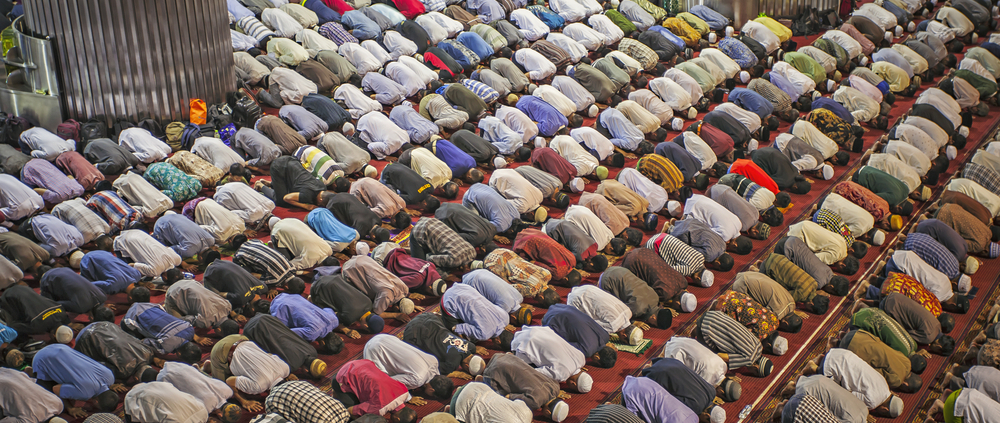Can I Pray Tarawih in Congregation over the Internet?
Hanafi Fiqh
Answered by Ustadh Salman Younas
Question
I hope you are well inshallah. With Ramadan fast approaching and mosques closed due to the current situation, would it be permissible to pray tarawih over video conferencing?
Answer
Performing congregational prayer over the internet and through video conferencing is not valid.
Legal Reasoning
The reason for this is that the imam and follower being in the same physical locality (Ittihad al-Makan) is a condition for the validity of a congregation. The act of following entails being dependent upon and subordinate in prayer, i.e., the prayer of the imam. When an imam performs a prayer, a physical location is a necessary concomitant of it. Thus, to be validly deemed a ‘follower’ of someone in prayer, one must ‘follow’ the imam regarding the physical area in which he prays. It is only then that the meaning of the following is fully realized. [al-Kasani, al-Bada’i al-Sana’i]
If it were valid to perform prayers in the way you describe, it should be irrelevant whether an excuse exists. Instead, it should be deemed valid even in contexts where no pressing excuse exists. This is something no one states, though, because everyone recognizes that a virtual congregation does not fulfill the basic meaning of being a ‘follower’ in a traditional congregational setting (jama’a), nor does this type of prayer fulfill the function a congregation is meant to serve.
In light of this, one should either perform tarawih in congregation with the members of one’s household or pray by oneself.
Rewards are by Intentions
Undoubtedly, the inability to perform tarawih in congregation at the mosque will significantly affect many people. But it should be noted that Allah rewards people for their intentions. If one intends to perform tarawih in the mosque but cannot do so now because of COVID-19, he or she will have the reward of congregation written down for him/her, inshallah.
Testing our Resolve and Sincerity
This is also a test for us: is our prayer purely for Allah? Will we continue bowing our heads to Him in the absence of others and the good feeling of belonging that we gain when performing prayer in congregation in Ramadan when spirituality is everywhere in the air? We should ask Allah to grant us sincerity and the ability to worship Him no matter the circumstances we find ourselves in.
[Ustadh] Salman Younas
Checked and Approved by Shaykh Faraz Rabbani
Born and raised in New York, Ustadh Salman Younas graduated from Stony Brook University with a degree in Political Science and Religious Studies. After studying the Islamic sciences online and with local scholars in New York, Ustadh Salman moved to Amman. There he studied Islamic law, legal methodology, belief, hadith methodology, logic, Arabic, and tafsir. He is now in his final year of his PhD at Oxford University, looking at the early evolution of the Hanafi madhab.
His teachers include: Shaykh Faraz Rabbani, Shaykh Salah Abu’l Hajj, Shaykh Ashraf Muneeb, Shaykh Ahmad Hasanat, Shaykh Hamza Karamali, Shaykh Ahmad Snobar, Shaykh Ali Hani, Shaykh Hamza Bakri, Ustadh Rajab Harun and others.
Ustadh Salman’s personal interests include research into the fields of law/legal methodology, hadith, theology, as well as political theory, government, media, and ethics. He is also an avid traveler and book collector. He currently resides in the UK with his wife.
